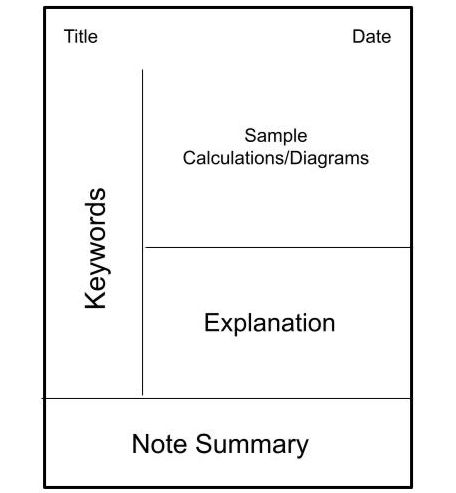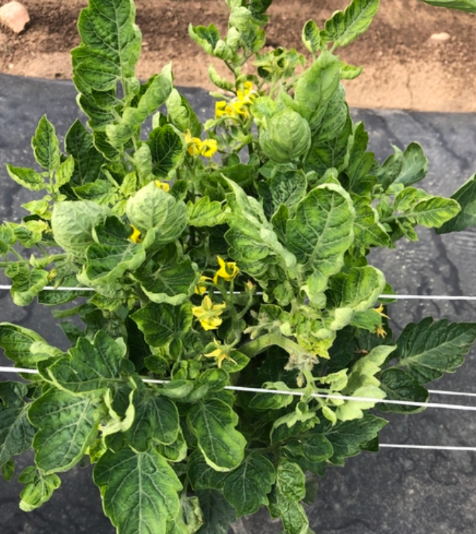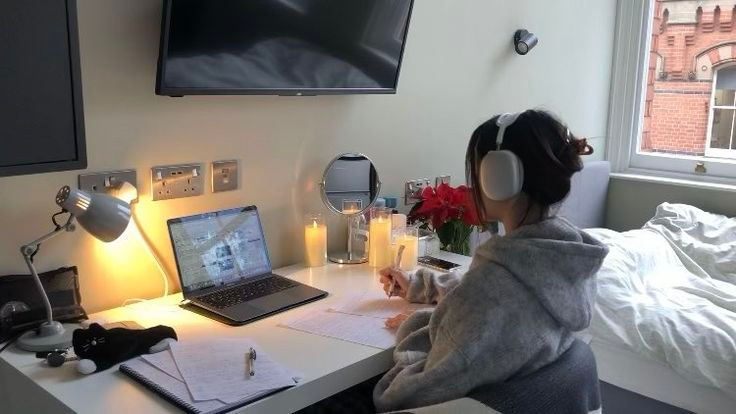5 Study Tips to Help You Reach Your Academic Goals This School Year
- innovatewithstem12
- Aug 16, 2024
- 3 min read
Keiko Pomakis
Published Aug. 16, 2024
School can be boring and difficult, especially the seemingly endless hours spent studying. Whether you’re studying for a project, quiz, test or even exam, reviewing in-class information can get extremely repetitive, and it often becomes difficult to focus on the task-at-hand. Although studying is considered to be one of the worst parts of school, it is ultimately very helpful, and brings you closer to your academic goals, that 100% or A+. If you want to have a more enjoyable time studying, follow these 5 tips, in order to stand out academically.
Tip One: Ensure your notes are always well organised and easy to follow. It can be hard to study if you misplaced an important lesson summary, or if all the information in one subject is all mixed together. It is very beneficial to develop a system for your note keeping. Depending on the subject, it is recommended that key words, diagrams, sample calculations, explanations and lesson summaries are separated into organized categories to reduce confusion and increase productivity. In general, a good guide to follow for note keeping separates key words to the left of the page, sample calculations and diagrams near the top, followed by explanations, then a short note summary at the very bottom. This keeps all elements easy to follow and organised for maximum studying efficiency.

In addition to keeping your notes organised, highlighting the main ideas of the lesson will help you to better retain the information. It is helpful to colour code each subject with different highlighters, so that it is easy to differentiate each lesson at a simple glance.
Tip Two: Find a quiet, undistracting environment to study in. Staying on task can be difficult, especially when you are surrounded by external stimulants, like distracting sounds or individuals. Finding a peaceful area where you can study in peace and quiet is a good idea if you are easily distracted. Libraries, study halls, bedrooms, private classrooms, or even a peaceful park are all great alternative studying environments to loud, attention grabbing areas like a cafeteria or social room. In general, imitating an exam environment while studying will better prepare you for working under pressure and improve the quality of your studying.
Tip Three: Spend a reasonable amount of time studying. In order to retain as much information as possible, studying in increments of 1 - 2 hours, with added breaks has proven to allow for maximum productivity, without procrastination. If you only study for 30 minutes at a time, it is difficult to enter the studying “zone”, and information won't be as readily consumed. Spending more time studying allows you to review, summarize and practice as much as possible, which is highly beneficial and helps you reach your academic goals faster.
Tip Four: Take appropriate breaks when needed. Although spending a significant amount of time studying is helpful, it’s easy to feel overworked and burnt-out after studying for a while. It is healthy to take mental and physical breaks to ensure you stay at your maximum capability throughout your study session. Taking a short 10 - 15 minute pause every now and then during studying is very beneficial to your overall productivity because your brain is able to rest and reset for more digestion and retention of information. Have a breath of fresh air, do some stretching, or even just unwind on your phone for a moment, just remember to give your brain a well deserved break when it’s working so hard!
Tip Five: Drink plenty of water! Water is an incredibly important aspect of your body’s function. Staying hydrated ensures that your body has the energy it requires to process all your hard studying. It is recommended that young adults drink four to six cups of water each day for proper and efficient distribution of nutrients to your cells, including your brain cells! If you don’t drink enough water when studying, it will ultimately be more difficult to focus, and information won't be retained as steadily.
If you don't consider yourself a big water enjoyer, there may be a more suitable alternative for you, such as milk, tea, coffee or natural fruit juice. Anything that contains water is beneficial to your system.
Overall, studying is different for everyone. Following these tips should help you reach your academic goals and assist you in your search for the best personal study methods for your learning style. Thank you for reading, and happy studying!
Works Cited:
LeWine, Howard E. “How much water should I drink a day?” Harvard Health, 22 May 2023, https://www.health.harvard.edu/staying-healthy/how-much-water-should-you-drink. Accessed 16 August 2024.
McGee, Donna. “How to study efficiently and effectively | SFU Library.” SFU Library, https://www.lib.sfu.ca/about/branches-depts/slc/learning/exam-prep/efficient-effective-study.
Accessed 16 August 2024.





Comments